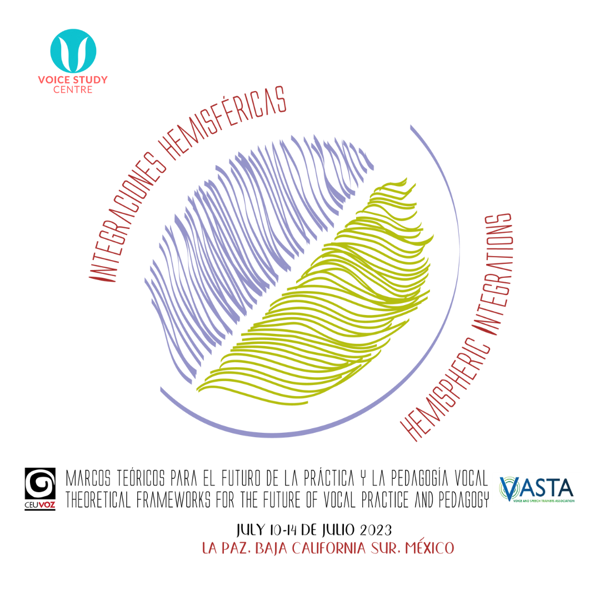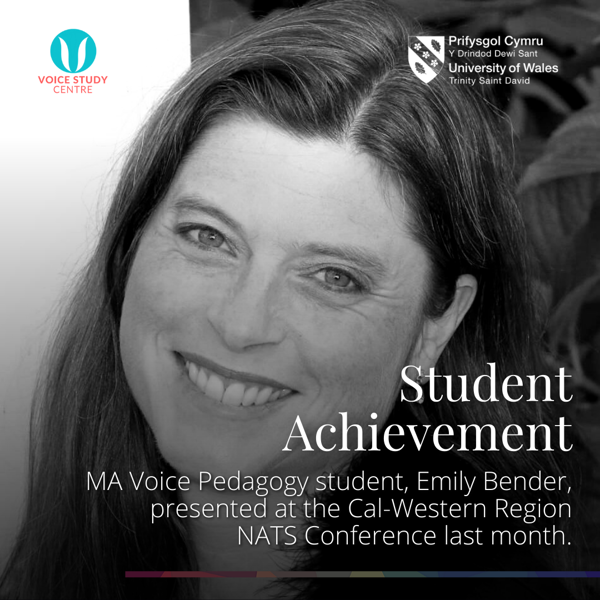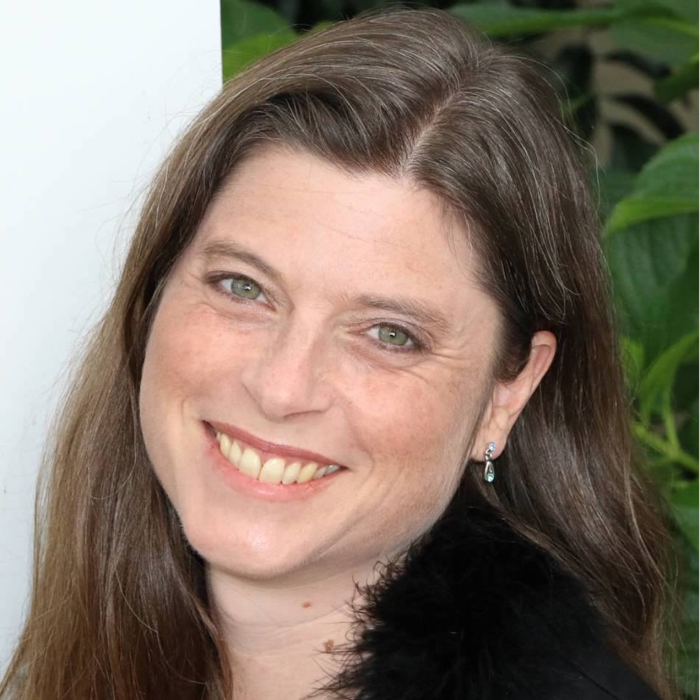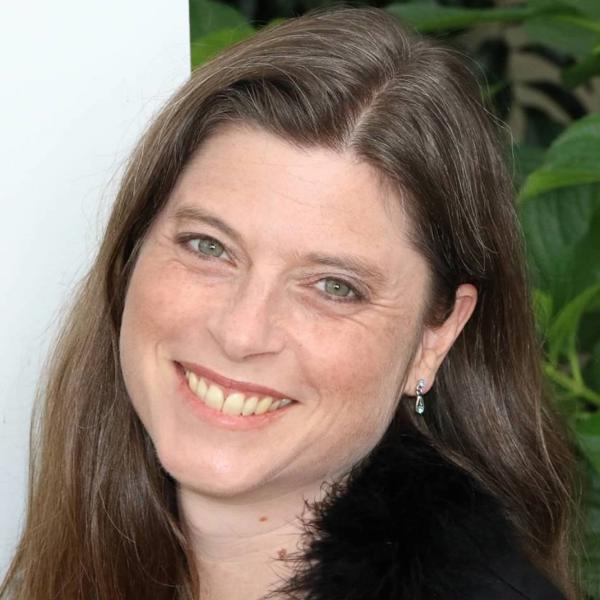Emily Bender is a community-based voice teacher, singer and choral director based in the San Francisco Bay Area who works with diverse students of all ages in lessons, classes, and choirs. She holds a BA in French from Oberlin College, an MA in Interdisciplinary Art from San Francisco State University, a certificate in Kodály Music Education from Holy Names University, and an MA in Voice Pedagogy from The Voice Study Centre/University of Wales Trinity Saint David. Her academic inquiry and hands-on research into social justice pedagogies, decolonizing in the voice studio, and transformative research methodologies culminated in the development of the Transformative Teaching Model. She has spoken about her work at NATS Cal-Western Region, VASTA International, Institute for Vocal Advancement, London Critical, and ISME conferences. She sings with the award-winning a cappella ensemble, Solstice, and serves as soprano soloist with the choirs at First Congregational Church of Palo Alto, California.
Featured Posts

Student & Alumni News
Five VSC Students Team Up To Present At VASTA Conference!

Voice Study Centre
Saturday 20th May 2023Jenna Brown, Samyukta Ranganathan, Tessa Smith-Whicker, Emily Bender and Heather Baker will present Exploring Transformative Methodologies For The Future Of Vocal Practice And Pedagogy.
Read More...
Student & Alumni News
MA Voice Pedagogy Student Presents At The Cal-Western Region NATS Conference

Voice Study Centre
Sunday 12th February 2023We are proud of MA Voice Pedagogy student, Emily Bender, for presenting at the Cal-Western Region National Association of Teachers of Singing (NATS) conference last month.
Read More...Past Short Courses


Thursday 12th September 2024
5:00 PM - 7:00 PM
(London Time)
Exploring the Fullness of Singing and Teaching Experiences Using Indigenist Research Paradigms

Emily Bender
This presentation will discuss the principles of Indigenist research paradigms, Emily's experience of using them in her own voice pedagogy research, and the power of using a wholistic, relational paradigm to build understanding of music, singing and teaching.
